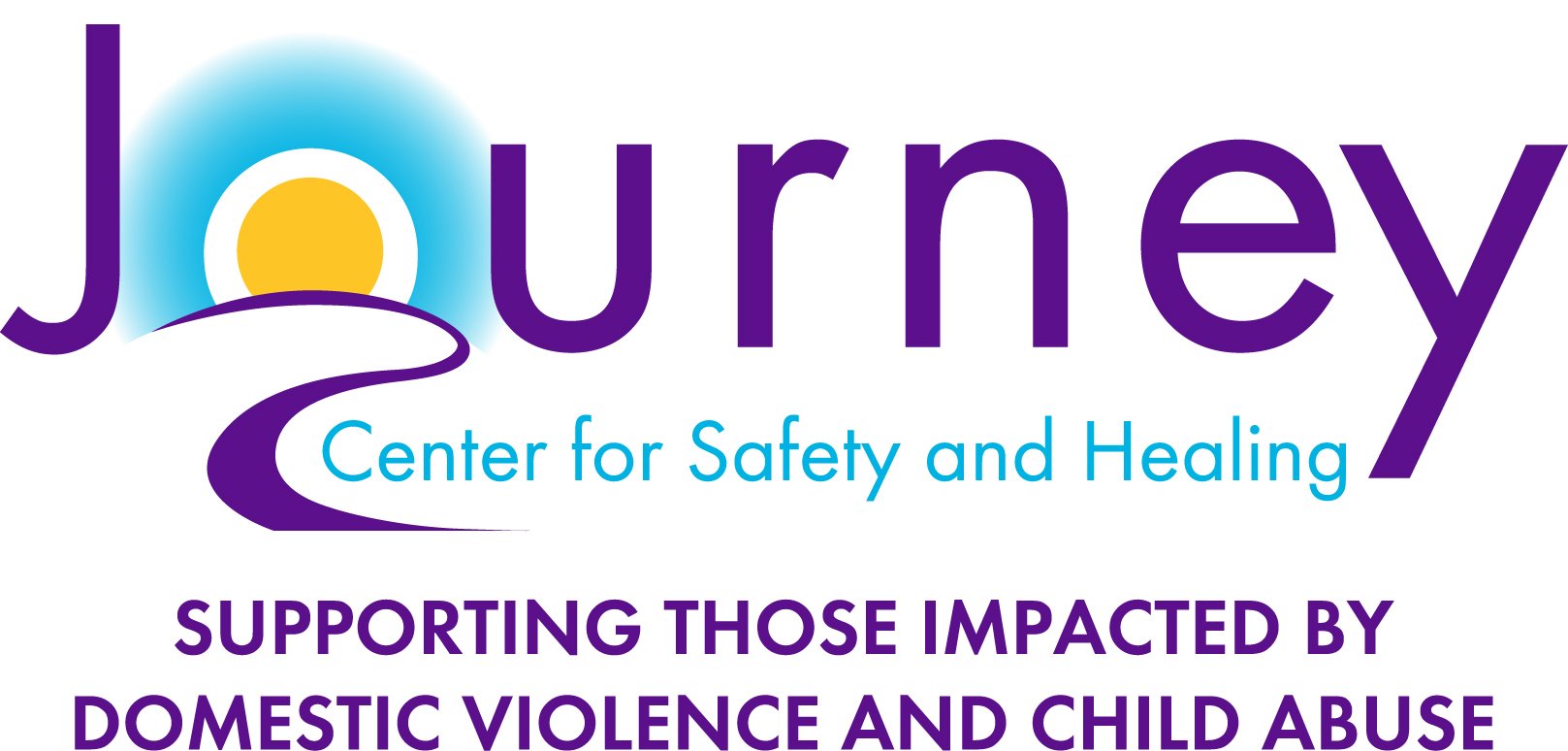Abuse in LGBTQIA+ Communities
While Pride Month often serves as a fun, vibrant celebration, it can also be an opportunity to recognize and support those in the LGBTQIA+ community who are victims and survivors of abuse. Domestic violence is not limited to heterosexual relationships and can affect individuals of all sexual orientations and genders. Within the LGBTQIA+ community, domestic violence occurs at a rate equal to or even higher than that of the heterosexual community.
Quick statistics about domestic violence and the LGBTQIA+ community:
43.8% of lesbian women and 61.1% of bisexual women have experienced rape, physical violence, and/or stalking by an intimate partner at some point in their lifetime, as opposed to 35% of heterosexual women.
26% of gay men and 37.3% of bisexual men have experienced rape, physical violence, and/or stalking by an intimate partner in their lifetime, in comparison to 29% of heterosexual men.
Transgender victims are more likely to experience intimate partner violence in public, compared to those who do not identify as transgender.
Bisexual victims are more likely to experience sexual violence, compared to people who do not identify as bisexual.
LGBTQIA+ Black/African American victims are more likely to experience physical intimate partner violence, compared to those who do not identify as Black/African American.
Abuse in LGBTQIA+ relationships has many parallels to abuse in heterosexual couples. These signs of abuse can include:
Controlling behavior
Isolation
Threats
Use of force or physical violence
However, these individuals may experience unique forms of domestic violence as well as distinctive barriers to seeking help due to fear of discrimination or bias.
Barriers within the LGBTQIA+ community may include:
Lack of support from family of origin
Lake of visibility or awareness
Tight-knit communities
Pressure to represent community
Internalized stigma
Lack of institutional support and resources
Myth of “mutual abuse”
Lack of legal and/or social recognition of queer relationships
For many people within the LGBTQIA+ community, the challenges that begin to impact their mental health start at a young age. From bullying at schools to unsupportive household environments, the weight of discrimination and alienation can be felt early. Although many communities today are more accepting of LGBTQIA+ people, individuals across the age spectrum still experience social isolation which can impact their mental health.
Individuals from communities with histories of discrimination often have less access to services and resources that help reduce risk and increase safety. Journey Center is committed to serving all survivors on their unique path to safety and healing and we believe everyone deserves a safe, healthy relationship.
We are always here for you when you need to talk. Call or text our 24-Hour Helpline: 216.391.4357 (HELP) or live chat.
